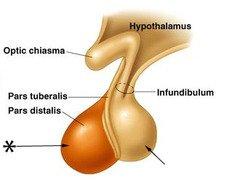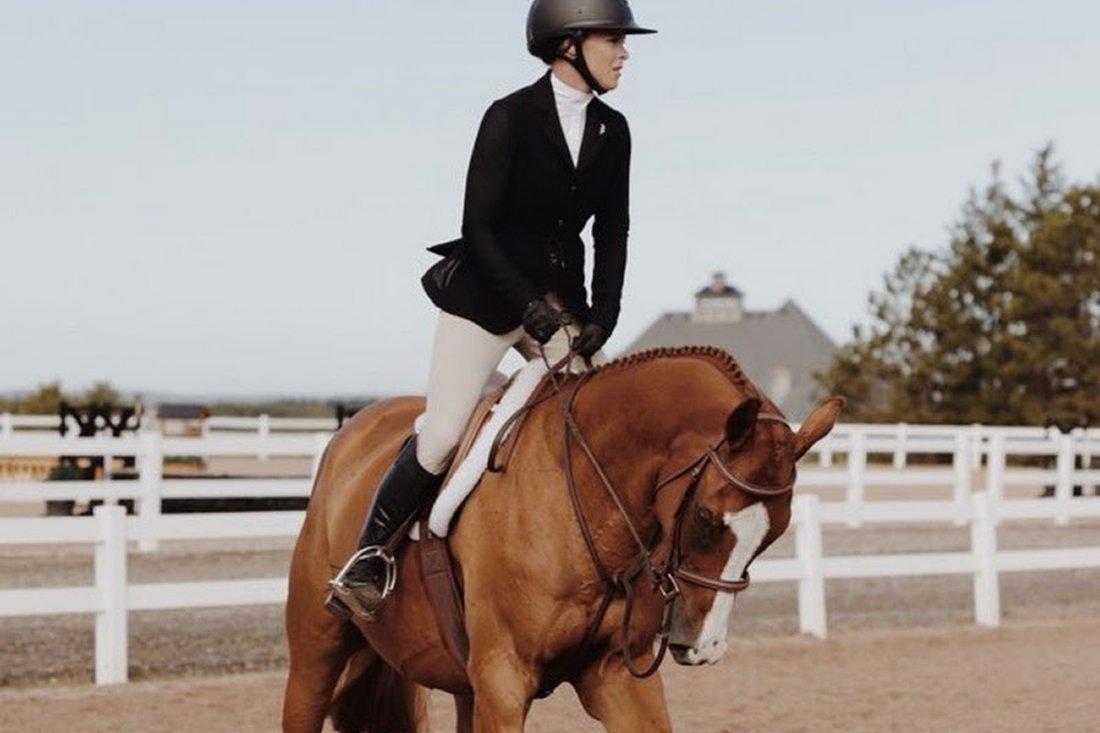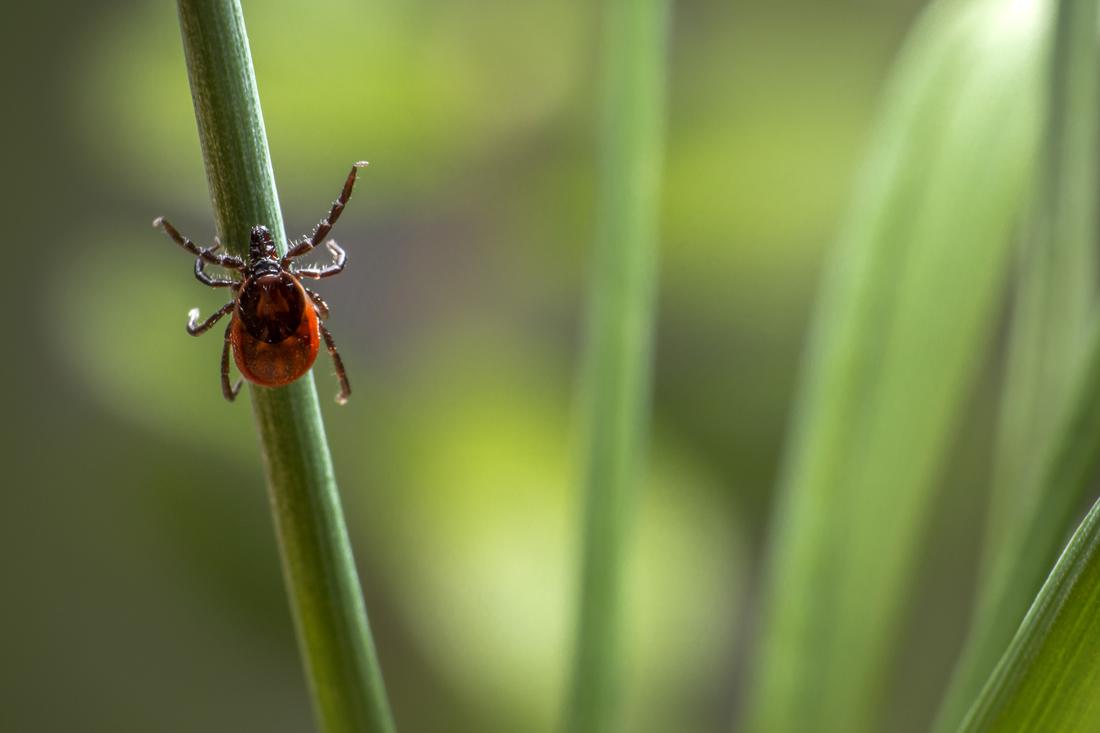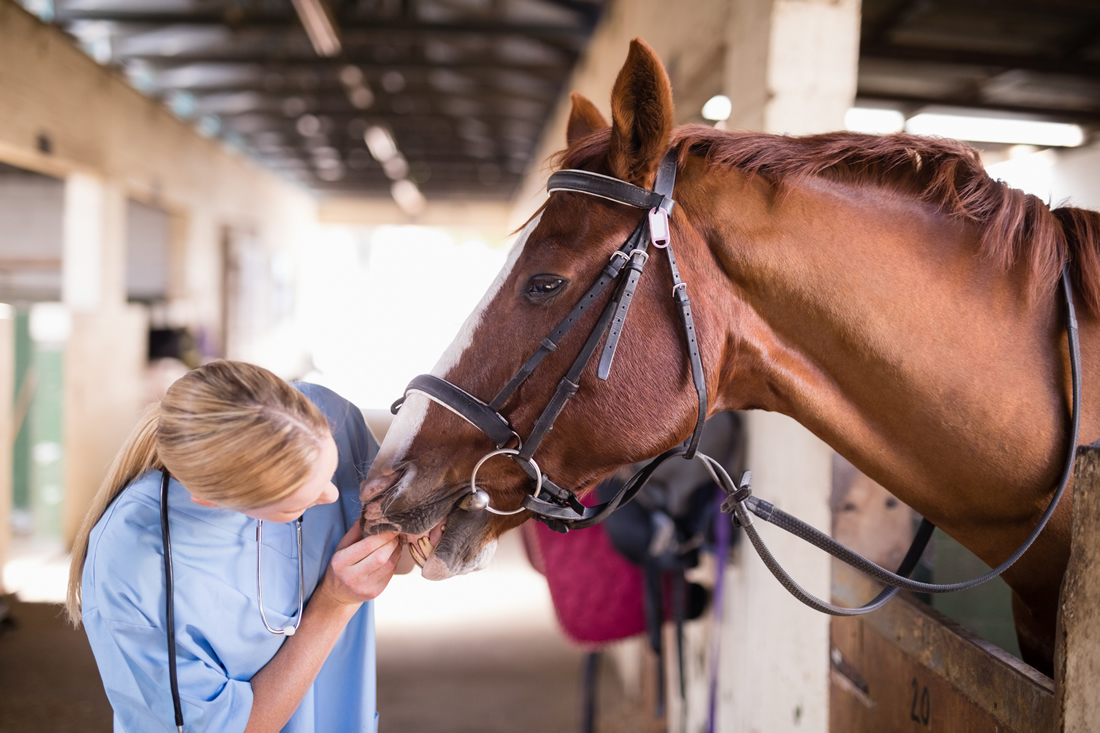Coughing is a common clinical sign in horses that can be entirely benign or the first clue of a medical condition.
Your horse’s cough is a normal reflex that keeps his airway healthy and clean. But some conditions associated with coughing require immediate veterinary care.
Horse owners should learn to identify different types of coughs to determine when to call the vet. While certain diseases only respond to medical treatments, feeding and environmental changes can also help manage coughing in horses.
This article will review the causes, symptoms and diagnosis of coughing in horses. We will also discuss treatment options for breathing conditions and how horse owners can address respiratory health with management changes and nutritional support.
Types of Coughing in Horses
Frequent coughing is a reliable indicator of an underlying medical problem. But many different factors and conditions can contribute to coughing.
Additional symptoms and circumstances associated with your horse’s cough can help you identify the cause.
Early diagnosis of health conditions reduces the risk of complications. Always consult your veterinarian if you have any concerns about your horse’s cough.
Coughing During Exercise
A single cough or two at the beginning of a ride is not unusual. Horses cough when exercising to clear a small amount of mucus or debris in the upper airway as they begin breathing harder. [1]
However, persistent coughing throughout a ride is a cause for concern. Horses may struggle to breathe due to a respiratory infection, or they could have a physical abnormality.
A displaced palate can cause horses to cough during work as the soft palate obstructs the opening to the trachea and interferes with breathing. The coughing caused by this abnormality is more of a dry cough. [2]
Coughing during exercise is also a symptom of exercise-induced pulmonary hemorrhage (EIPH). Horses with this condition cough to clear blood from their lungs.
Coughing That Produces Mucus
Unlike dry coughs, wet or productive coughs expel mucus. These coughs generally indicate inflammation in the horse’s airways. Airway inflammation is associated with several conditions in horses. [3]
Examination of the mucus offers additional insight into the cause of the cough. Allergies are associated with light or clear-colored mucus, while bacterial infection produces thicker, white/yellow mucus. [3]
Coughing After Transportation
Even a cough or two after transportation in a trailer calls for prompt investigation. This may indicate shipping fever, a life-threatening form of bacterial pneumonia.
Horses tied in trailers for hours can’t drop their heads to clear their airways. Inhaled foreign bodies, such as hay and bedding particles, carry pathogens that enter the lungs and cause infection. [4]
The stress of trailering also compromises the horse’s immune response to the infection, so immediate treatment is necessary to improve outcomes. [4]
Coughing While Eating
Violent coughing after eating is a sign of choke, which occurs when food gets stuck in the horse’s esophagus. Most cases resolve spontaneously, but horses can accidentally inhale food during the choke episode. [5]
A veterinary examination will determine if the horse needs medical intervention to reduce the risk of aspiration-induced pneumonia. Sporadic coughing while eating also warrants a closer inspection.
Dental issues prevent the horse from adequately chewing his food. But other physical problems with the mouth can cause food to go down the throat before it’s ready. These include entrapment of the epiglottis and neurological issues. [6]
Coughing in Young Horses
Some parasitic and bacterial infections primarily affect young horses. Coughing in horses under two years of age is often associated with Ascarid infection. Unlike older horses, foals don’t have resistance to this parasite. [7]
Young foals under four months old can develop a severe lung infection from Rhodococcus equi. This bacteria lives in the soil and enters the foal’s airways through inhaled dust particles. [8]
Coughing Without Obvious Cause
Some coughs have obvious causes that horse owners can address right away. Coughs caused by excessive dust from the footing, bedding, or feed are typical examples. [9]
Other coughs don’t have an obvious culprit. You should consult your veterinarian if your horse suddenly coughs without an apparent instigating factor.
Unusual issues that can cause coughing in horses include tumors, injuries, or problems with other organs. [10]
When to worry about your horse’s cough
An occasional cough is not cause for alarm. But any coughing that becomes frequent or severe warrants investigation. While the horse may not have an infection, frequent coughing indicates that your horse has compromised breathing ability.
Any coughing onset accompanying changes in attitude or performance also needs immediate attention. Other symptoms associated with respiratory infections include fever, nasal discharge, and lethargy. [11]

Causes of Coughing in Horses
Coughing in horses can arise from infectious and non-infectious causes. No matter what type of cough your horse has, identifying the underlying cause is the first step in any effective treatment plan.
Here are some of the most common causes of coughingin horses.
Influenza
Equine influenza is a highly contagious viral infection of the respiratory tract. This airborne disease spreads primarily through coughing. Other symptoms include fever, inappetence, and nasal discharge. [12]
The airway inflammation caused by the virus leads to the destruction of cells in the respiratory tract. These cells take weeks to regenerate, leaving horses with influenza at risk of secondary bacterial infections. [12]
Pneumonia
Pneumonia is inflammation of the lungs due to bacterial infections, viral infections, or aspiration.
Aspiration pneumonia occurs when foreign material gets stuck in the lungs. Shipping fever pneumonia is a type of aspiration pneumonia. [13]
Signs of pneumonia include coughing, depression, nasal discharge, and fever. This respiratory tract infection isn’t typically contagious to other horses. Foals have a higher risk of the disease, but adult horses frequently develop pneumonia as a secondary infection. [13]
Heaves
Also known as recurrent airway obstruction or COPD, heaves is a chronic allergic respiratory condition in horses. This disease is similar to asthma in humans and induced by environmental exposure to allergens. [14]
Heaves is the most common respiratory condition in mature horses. Symptoms include chronic coughing, nasal discharge, and performance-limiting respiratory difficulty.
Although it is incurable, medication can help reduce lung inflammation in horses with heaves. [14]
Inflammatory Airway Disease
Inflammatory airway disease is a little-understood condition that affects young racehorses and performance horses. This condition causes periodic poor performance and can progress to heaves in later years if left untreated. [15]
Endoscopic examinations of horses with IAD typically find excess mucus and inflammatory cells in the airways. Possible etiologies of this disease include recurrent pulmonary stress, persistent infections, and inhalation of allergens. [15]
Rhinopneumonitis
Rhinopneumonitis is another highly contagious viral disease characterized by fever and coughing. Herpesviruses EHV-1 and EHV-4 cause this disease in unvaccinated horses. [16]
This virus most commonly results in respiratory issues, but it may also cause other issues. Pregnant mares with rhinopneumonitis may abort their fetuses. In rare cases, some strains can cause fatal neurological complications. [16]
Strangles
Strangles is a contagious upper respiratory tract bacterial infection caused by Streptococcus equi bacteria. This infection causes abscesses and swollen submandibular lymph nodes that obstruct the airway. [17]
Horses with strangles frequently develop a cough and have thick, yellow nasal discharge. Most horses recover from strangles with supportive care, but others need antibiotics to treat the infection. [17]
Parasites
Ascarid infections can cause coughing in foals. Ascarids are equine roundworms that migrate to the lungs of horses after ingestion. [7]
The worm causes airway irritation that prompts the foal to cough up the parasite before swallowing it back into the gut, where the ascarids reach maturity and reproduce. Adult horses generally develop immunity to ascarids. [7]
Congestive Heart Failure
In rare cases, coughing is a sign of problems in other organs, such as congestive heart failure. This condition causes fluid to accumulate in the horse’s lungs, which leads to difficulty breathing, fatigue, poor performance, and increased respiratory rate. [18]
Diagnosing a Cough
Your veterinarian will narrow down the diagnosis by evaluating clinical signs and your horse’s health history. Diagnostic tools such as ultrasound, endoscopy, and radiographs can also be used to assess the severity of disease.
Fever
If you notice an intermittent cough, your veterinarian may recommend taking your horse’s temperature twice a day for several days. Contact your veterinarian if your horse has a temperature above 101.5oF / 38.6oC. [4]
Coughs accompanied by a fever may indicate an underlying infection requiring veterinary care. If your horse doesn’t have a fever, take notice of any environmental factors or activities associated with the cough that might help your vet identify a root cause. [11]
Chest Sounds
Veterinarians often begin a physical examination using a stethoscope to listen to your horse’s heart and lungs. Irregular heart sounds may indicate cardiac conditions such as congestive heart failure, which can cause fluid accumulation in the horse’s lungs. [18]
If your veterinarian hears abnormal respiratory sounds, they may recommend a bronchoalveolar lavage or transtracheal wash to collect a fluid sample from your horse’s lungs. [19]
Bronchoalveolar Lavage
To perform a bronchoalveolar lavage, veterinarians pass a small tube down the nostril, trachea, and into the branches of the lungs. Saline is then expelled and retrieved for evaluation.
The fluid is analyzed to identify and quantify immune cells to indicate infection and inflammation in the lungs. [19]
Transtracheal Wash
This test, also known as tracheal aspirance, is similar to the bronchoalveolar lavage but flushes the trachea (windpipe) instead of the lungs.
A transtracheal wash helps identify infections responsible for respiratory conditions such as bacterial or viral pneumonia. [20]
Your vet may recommend both tracheal aspirance and bronchoalveolar lavage to get a complete understanding of your horse’s condition. [31][32]
Ultrasound
A thoracic ultrasound enables veterinarians to visualize the lungs. This diagnostic tool helps identify a deflated lung, fluid accumulation in the lungs, or other lung problems that can contribute to coughing. [21]
Endoscopy
Endoscopy uses a tiny camera to visualize the horse’s upper airways, trachea, and guttural pouches. This technology helps diagnose tracheal collapse and partial obstruction by foreign bodies. It can also be used to quantify mucous accumulation by mucous scoring. [22][33]
Endoscopy can also discover anatomic defects predisposing the horse to chronic respiratory problems, such as dorsal displacement of the soft palate. [22]
Treatments
Some coughs resolve on their own. But others require medical treatment, such as antibiotics or anti-inflammatory drugs. Consult your veterinarian to determine the best treatment plan for your horse.
Management practices that limit exposure to airborne contaminants can support recovery from a cough. In addition, horses with an increased risk of respiratory problems may benefit from nutritional support.
Pharmacological Treatment
Medical therapies used to treat coughing in horses vary depending on the underlying respiratory condition. Bacterial infections often respond to appropriate antibiotics. But these drugs don’t work for viral infections. [23]
Steroid therapy, such as dexamethasone, can help control inflammation in horses with compromised breathing.
Other anti-inflammatory drugs used for inflammatory respiratory conditions include non-steroidal anti-inflammatories (NSAIDs) such as banamine and bute. [24]
Some drugs, such as fluticasone, are administered as aerosols using nebulizers or pressurized cartridge dispensers. These drugs have a faster effect on the lungs and may reduce the risk of gastrointestinal side effects from oral drugs.
Your veterinarian will guide you on how to administer treatments, as well as the appropriate medication schedule and dosage. [34]
Environmental Management
All horses with respiratory ailments need rest and supportive care. Depending on the severity, you may need to adjust your horse’s exercise routine.
Environmental factors contributing to the development of equine respiratory disease include poor ventilation, moldy hay, dusty bedding and strong ammonia odours in the barn. [25]
Exposure to allergens and airborne particles can irritate lung tissue and cause inflammation. Inhaling foreign particles can also introduce pathogens that cause respiratory infections. [9]
Switching your horse to dust-free bedding and limiting time spent inside can help minimize exposure to respirable dust particles. [9]
If affected horses cannot live outside, provide adequate ventilation in the barn to increase airflow and contaminant dissipation. Avoid sweeping and dusting near these horses, as these activities increase airborne particles. [26]
Feed Management
Even good quality hay that does not have visible mold or appear dusty may contain dust and low levels of mycotoxins. If your horse has respiratory issues, consider steaming the hay to reduce irritants and dust. [27]
Wetting your hay before feeding is the next best option when a hay steamer is not practical. Soaking hay for a short period (10 minutes) can reduce respiratory irritants. However, soaking also reduces the nutritional value of hay and may promote microbial growth. [27]
Feeding from the ground promotes respiratory health by encouraging the horse’s airways to drain appropriately. [26] But avoid feeding on sandy or dusty ground to minimize dust inhalation and sand colic.
Nutritional Support
A forage-based diet is encouraged for all horses as it supports natural feeding behaviours and promotes gut health. However, forage alone will not meet all nutritional requirements.
To optimally support anti-inflammatory processes, ensure that your horse’s diet meets all requirements for vitamins and minerals.
In addition to providing a balanced diet, some nutritional supplements contain ingredients with anti-inflammatory and antioxidant properties. These supplements can help support a healthy immune response in horses with recurrent respiratory problems.
Research suggests that docosahexaenoic acid (DHA) – an omega-3 fatty acid – has beneficial anti-inflammatory effects in horses. DHA supplementation improves cough scores by 60% in horses with heaves on a low-dust diet. [28]
DHA is found in marine sources such as fish oil and algae, but not in plant-based oils such as canola oil or camelina oil. Providing DHA is more effective for anti-inflammatory benefit than the omega-3 fatty acid alpha linolenic acid (ALA) found in plant oils.
Mad Barn’s w-3 oil is an omega-3 fatty acid supplement that contains 1,500 mg of DHA per 100 ml serving.
Spirulina is another nutritional supplement with purported benefits for respiratory health in horses.
This blue-green algae is rich in antioxidants and has antihistamine effects that may benefit horses suffering from respiratory allergies. [29]
Anecdotal reports suggest reductions in coughing and improved performance in horses fed a combination of 20 grams of spirulina and 2 grams jiaogulan twice daily. [30]
Summary
- An occasional cough is normal in horses, but frequent coughing is a sign of an underlying health condition.
- Understanding different types of coughs and the environmental factors that contribute to them can help horse owners decide if they need to call the vet.
- Coughing in horses can arise from several different infectious and non-infectious causes.
- Medical treatment for coughing horses varies depending on the cause of the respiratory problem.
- Management changes and nutritional supplements can support respiratory health in horses recovering from a cough.
References
- Mazan, M. Equine exercise physiology – challenges to the respiratory system. Anim Front. 2022.
- Cercone, M. et al. Investigation into pathophysiology of naturally occurring palatal instability and intermittent dorsal displacement of the soft palate (DDSP) in racehorses: Thyro-hyoid muscles fatigue during exercise. PLoS One. 2019.
- Brosshard, S. et al. Evaluation of Coughing and Nasal Discharge as Early Indicators for An Increased Risk to Develop Equine Recurrent Airway Obstruction. J Vet Intern Med. 2014.
- Maeda, Y. et al. Patterns of Rectal Temperature and Shipping Fever Incidence in Horses Transported Over Long-Distances. Front Vet Sci. 2019.
- Hillyer, M. Management of oesophageal obstruction (‘choke’) in horses. Clin Pract. 1995.
- Boles, C. et al. Epiglottic entrapment by arytenoepiglottic folds in the horse. J Am Vet Med Assoc. 1978.
- Nielsen, M. Evidence-based consideration for control of Parascaris spp. Infections in horses. Equine Vet Ed. 2015.
- Yamschikov, A. et al. Rhodococcus equi infection. Lancet Infect Dis. 2010.
- Ivester, K. et al. Investigating the Link between Particulate Exposure and Airway Inflammation in the Horse. J Vet Intern Med. 2014.
- Mair, T. et al. Clinical and pathological features of thoracic neoplasia in the horse. Equine Vet J. 1993.
- Powell, D. Viral Respiratory Disease of the Horse. Vet Clin North Am Equine Pract. 1991.
- Timony, P. Equine influenza. Comp Immunol Microbiol Infect Dis. 1996.
- Traub-Dargatz, J. Bacterial pneumonia. Vet Clin North Am Equine Pract. 1991.
- Leclere, M. et al. Heaves, an asthma-like disease of horses. Respirology. 2011.
- Couetil, L. et al. Inflammatory AIrway Disease of Horses – Revised Consensus Statement. J Vet Intern Med. 2016.
- Crabb, B. et al. Equine Herpesviruses 4 (Equine Rhinopneumonitis Virus) and 1 (Equine ABortion Virus). Adv Virus Res. 1995.
- Timoney, J. Strangles. Vet Clin North Am Equine Pract. 1993.
- Davis, J. et al. Congestive heart failure in horses: 14 cases (1984–2001). J Am Vet Med Assoc. 2002.
- Krakowka, M. et al. Cytologic evaluation of bronchoalveolar lavage fluid obtained from standardbred racehorses with inflammatory airway disease. Am J Vet Res. 1995.
- Rossi, H. et al. Comparison of Tracheal Wash and Bronchoalveolar Lavage Cytology in 154 Horses With and Without Respiratory Signs in a Referral Hospital Over 2009-2015. Front Vet Sci. 2018.
- Rantanen, N. Ultrasound Appearance Of Normal Lung Borders And Adjacent Viscera In The Horse. Vet Radiol. 1981.
- Koblinger, K. et al. Endoscopic Assessment of Airway Inflammation in Horses. J Vet Intern Med. 2011.
- Boyle, A. et al. Streptococcus equi Infections in Horses: Guidelines for Treatment, Control, and Prevention of Strangles—Revised Consensus Statement. J Vet Intern Med. 2018.
- Williamson, K. et al. Evidence-Based Respiratory Medicine in Horses. Vet Clin North Am Equine Pract. 2007.
- Clarke, A. A review of environmental and host factors in relation to equine respiratory disease. Equine Vet J. 1987.
- Clements, J. Respirable dust concentrations in equine stables. Part 1: Validation of equipment and effect of various management systems. Res Vet Sci. 2007.
- Moore-Coyler, M. The Effect of Steaming and Soaking on the Respirable Particle, Bacteria, Mould, and Nutrient Content in Hay for Horses. J Equine Vet Sci. 2016.
- Nogradi, N. et al. Omega-3 Fatty Acid Supplementation Provides an Additional Benefit to a Low-Dust Diet in the Management of Horses with Chronic Lower Airway Inflammatory Disease. J Vet Intern Med. 2015.
- Roughan, Grattan P. Spirulina: A source of dietary gamma-linolenic acid? J Sci Food Agri. 1989.
- Kellon, Eleanor Use of the Herb Gynostemma Pentaphyllum and the Blue-green Algae Spirulina Platensis in Horses. Equine Congress. 2006.
- Malikides, N. et al. Comparison of tracheal aspirates and bronchoalveolar lavage in racehorses. 2. Evaluation of the diagnostic significance of neutrophil percentage. Aust Vet J. 2003.
- Hughes, K.J. et al. Comparison of tracheal aspirates and bronchoalveolar lavage in racehorses. 1. Evaluation of cytological stains and the percentage of mast cells and eosinophils. Aust Vet J. 2003.
- Gerber, V. et al. Endoscopic scoring of mucus quantity and quality: observer and horse variance and relationship to inflammation, mucus viscoelasticity and volume. Equine Vet J. 2004.
- Cha, M.L. and Costa, L.R.R. Inhalation Therapy in Horses. Vet Clin North Am Equine Pract. 2017.














Very informative and all of it vey familiar. It’s a very long history with my now 8 year old APH. When I bought him as a coming two-year-old he had a cough, which was attributed to him being young and normal as he built up his immunity. But it didn’t go away. And, it accompanied frequent spikes in temperatures. He never went off his feed, looked good, and did not seem depressed. But he was irritable and acted like he wanted to be left alone quite often. We eventually ran studies to see if he had an immunity problem and found his B cells to be low, but the vets felt like he was not immunocompromised. I did assess barn management and feeding habits to reduce the dust. The spikes in temperature happened frequently throughout the years and was attributed to pneumonias and so he was prescribed and given antibiotics by me, at least a dozen times or more, along with Banamine to control his fevers throughout these years. He began to have very swollen, submandibular, lymph nodes, and at times generalized edema. Around his sixth year I was to the point where I felt like I could not continue on this path, and was discussing euthanasia with my veterinarian. About this time, I ran across a study regarding lymphoma in horses, with EHV- 5 being relevant to the findings. As a last attempt to find out what’s wrong with him, I sent the article and took my horse to a university equine hospital requesting a lymph node biopsy. Long story short, most of the tests you mentioned were performed on him, and it was determined he did have soft palate displacement. In addition, his EHV5 levels were extremely high. Luckily, his lungs were not damaged. The final assessment was that he had a chronic underlying viral infection, but that with his soft palate displacement, due to inflammation, he aspirated which resulted in frequent pneumonia‘s( which thankfully responded to the anti-bacterials that were given to him.) I was sent home with a prescription for the antiviral Valcyclovir, and after four months, this viral levels were down significantly!
Since that time, he has not spiked any fevers and rarely has a cough, and I have gradually reconditioned him, with hopes of showing him! I know he is not cured, and last fall we believe he had a mild recurrence, but he recovered quickly. I am grateful to Dr. Lindberg, who helped me faithfully day or night, the vets at K State, Oakridge, and Dr L Gilliam of OSU for all of their help and expertise!
I hope my experience might be helpful to others who could be dealing with a similar situation.